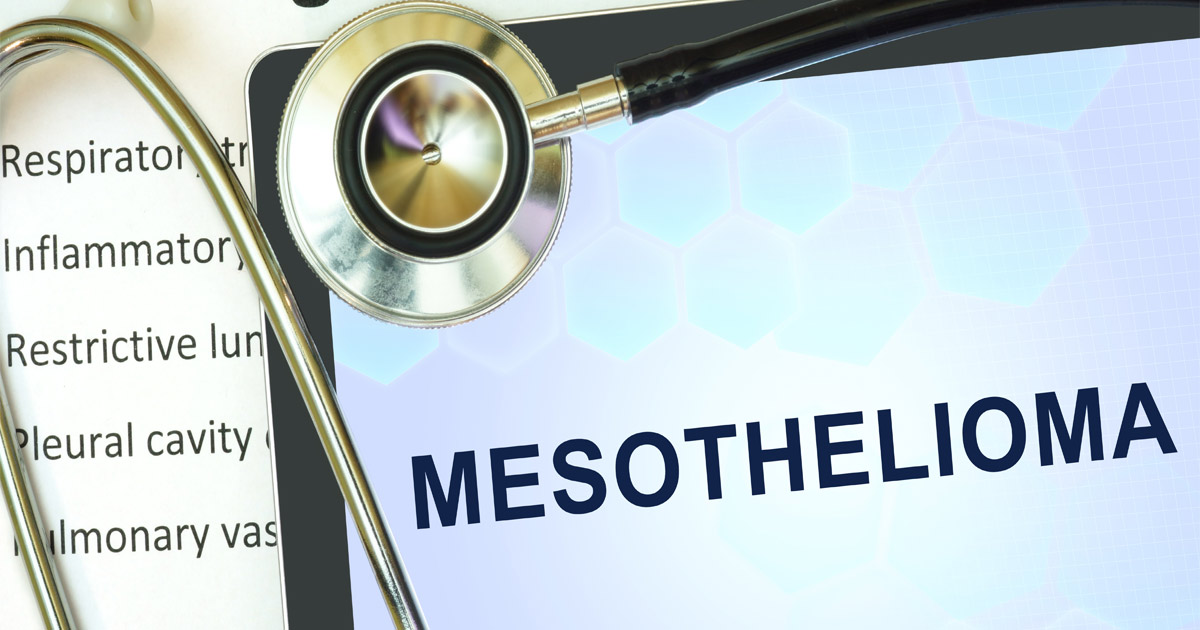
Mesothelioma, a rare cancer infecting the lining of the lungs and chest cavity caused by asbestos exposure, is notoriously difficult to treat. First-line treatment options for mesothelioma are similar to those for other cancers and include chemotherapy, surgery, and radiation, but researchers are still trying to determine the most effective treatment regimen to improve patients’ outlooks. A recent study pairing radiation and aggressive surgery showed promising short-term and long-term results, which could be good news for mesothelioma patients who often have a short life expectancy.
The study, recently published in The Lancet Oncology, examined data from 96 malignant pleural mesothelioma patients over an 11-year period from November 2008 to October 2019. Each patient was treated with radiotherapy and underwent an extrapleural pneumonectomy (EPP) less than two weeks later; none of them had received treatment for their mesothelioma previously. The patients were tracked over a five-year period following their operation. Out of the group of 96, only 17 showed tumor recurrence in local tissue, whereas 62 showed recurrence in distant tissues.
Although the low cumulative incidence of local recurrence is promising, the study also revealed some potential concerns related to a technique known as surgery for mesothelioma after radiation therapy (SMART). Almost 50 percent of the 96 patients experienced some sort of significant complication within a month of their surgery; one patient died after suffering from grade five pneumonia. Although most of the patients’ complications were not fatal, the researchers of the study pointed to these results as reason to be cautious when determining patient eligibility for EPP.
There are a number of disqualifying factors for EPP, such as age or other conditions, including diabetes and heart disease. The procedure is extremely invasive and involves removing an entire lung, along with surrounding pleural tissue, local lymph nodes, and a part of the diaphragm. If the cancer has not metastasized to other parts of the body, removing all of this tissue from the chest can effectively clear tumors and help mesothelioma patients achieve remission. Patients who are treated with EPP have a five-year survival rate of 56 percent and often experience relief from painful mesothelioma symptoms, but they may also experience lifelong breathing difficulties. The removal of this much tissue and a major organ causes severe complications in approximately one-third of patients, including infections, pneumonia, heart problems, blood clots, and fluid build-up in the chest.
The benefits of EPP can be significant for select patients who are eligible, and according to the study, using the SMART technique may help to maximize patient success for the appropriate patients. However, the risks of EPP are also significant, even with radiation therapy before the procedure. Early diagnosis is key to effectively treating mesothelioma, but the early symptoms can be difficult to recognize, and they often do not appear for decades after exposure to asbestos.
If you or a loved one has been diagnosed with mesothelioma or another asbestos-related disease, contact the Philadelphia mesothelioma lawyers at Brookman, Rosenberg, Brown & Sandler. Our knowledgeable, experienced legal team will work tirelessly to fight for your rights so you can focus on your treatment and recovery. Call us at 215-569-4000 or contact us online for a free consultation. Located in Philadelphia, we serve clients throughout New Jersey and Pennsylvania, including Delaware County, Chester County, and Philadelphia County.